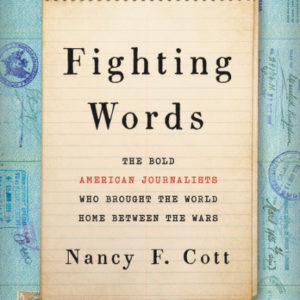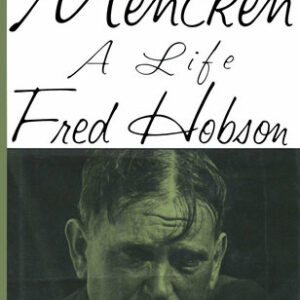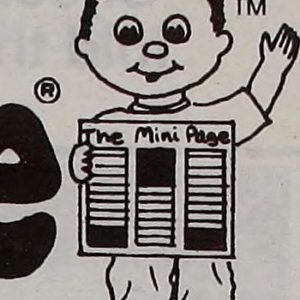
Fighting Words: The Bold American Journalists Who Brought the World Home Between the Wars
By Nancy F. Cott (NHC Fellow, 2015–16) In the fragile peace following the Great War, a surprising number of restless young Americans abandoned their homes and set out impulsively to see the changing world. In Fighting Words, Nancy F. Cott follows four who pursued global news — from contested Palestine to revolutionary China, from Stalin’s Moscow … Continued




